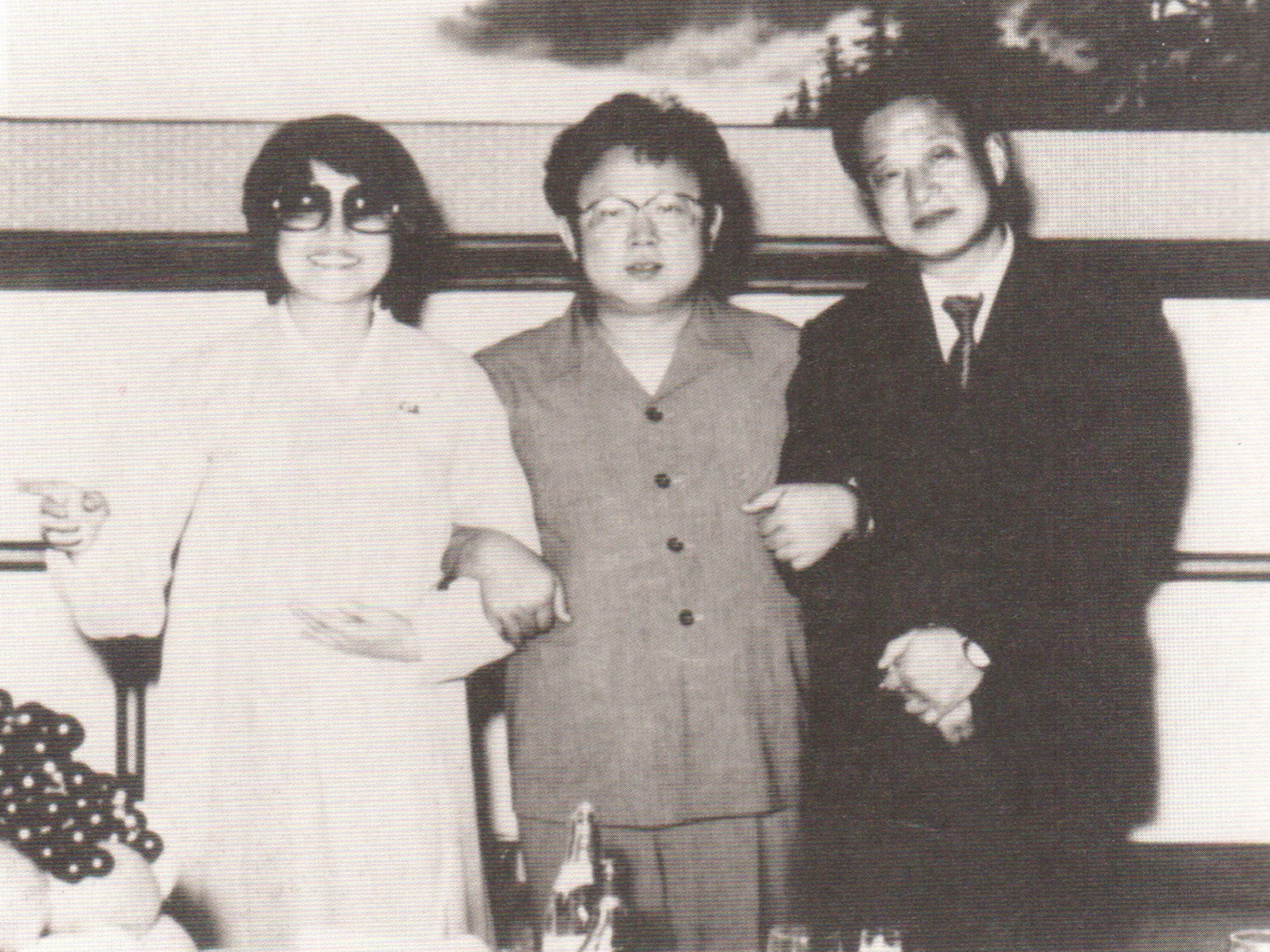A Kim Jong-Il Production by Paul Fischer, book review: Acting in the dictator's cut
North Korea's film industry ambitions were a mix of the chilling and the comic

Your support helps us to tell the story
From reproductive rights to climate change to Big Tech, The Independent is on the ground when the story is developing. Whether it's investigating the financials of Elon Musk's pro-Trump PAC or producing our latest documentary, 'The A Word', which shines a light on the American women fighting for reproductive rights, we know how important it is to parse out the facts from the messaging.
At such a critical moment in US history, we need reporters on the ground. Your donation allows us to keep sending journalists to speak to both sides of the story.
The Independent is trusted by Americans across the entire political spectrum. And unlike many other quality news outlets, we choose not to lock Americans out of our reporting and analysis with paywalls. We believe quality journalism should be available to everyone, paid for by those who can afford it.
Your support makes all the difference.How funny are we allowed to find totalitarianism? The line between mocking a cruel regime in order to lessen its power to dazzle, and colluding with its crimes by failing to take them seriously, is a fine and blurry one. In his 2002 book, Koba the Dread, Martin Amis chided the leftist intelligentsia for its continued warmth towards the idea of Soviet communism, which had allowed Stalin's 20 million victims to disappear behind jokes, sentimental warmth and kitsch memorabilia.
While few Western lefties would claim ideological kinship with the mad pseudo-Communism of North Korea, certainly that nation's image sustains a cartoonish aspect that may serve to obscure the sufferings of its people. Internet memes lampooning the haircut of North Korean leader Kim Jong-Un or the heroic poses he strikes in publicity photos – not to mention problematic guest appearances in Hollywood comedies – overshadow popular knowledge of the conditions endured by his citizens. And yet, how is it possible to respond to a culture seemingly so steeped in flagrant hypocrisy and wild myth-making without a degree of aghast humour…? This account by Paul Fischer of one of the more outré episodes in recent North Korean history – the kidnapping of South Korea's biggest director and movie actress by Kim Jong-Un's father and predecessor, Kim Jong-Il – reminds us that ludicrousness and brutality can thrive side-by-side.
Though the book is presented like a piece of kitsch, with a lurid propaganda-style cover illustration and a quote promising "the most extraordinary tale from the word's most bizarre country", the text emphasises that points for bizarreness don't provide much consolation when you're starving, enduring torture or facing a firing squad for a minor infraction against the Supreme Leader.
Actress Choi Eun-Hee and her director ex-husband Shin Sang-Ok were taken prisoner in 1978, with the intention that they help movie buff Kim Jong-Il to build a domestic film industry with scope and range beyond the leaden propaganda films his country had produced to date. Enshrined as something between honoured guests and prisoners, Choi and Shin went along with the plan. Though the films they made in North Korea were famously terrible – perhaps because they secretly hoped to undermine him; perhaps because Western-style production values don't mix well with one-note political messaging; perhaps because Shin just wasn't all that good – they also established a relatively cosy life there, even developing some affection for their captor. There are those who consider their version of events a cover for what was actually a defection. Fischer, whose main sources are a joint memoir the couple wrote and a more recent interview with Choi, takes it as truth.
Though his telling of it is detailed and rigorously researched, it can still feel a little thin, perhaps because closeness to his subjects' version of events reduces the level of moral complexity in the narrative; certainly because the breathy, melodramatic tone can make things feel a bit emotionally phoney. "Darling," Choi says to Shin as they plot their escape, "we have acted and directed the lives of others in films. From now on, let's act and direct our lives ingeniously." No doubt something of the sort was said, but if this is as close as the sources can get him to intimate dialogue, maybe it would have been better to tell the story without dramatic re-enactment.
Still, as an insight into a confrontation between North Korean politics and mainstream film that long predates any supposed messing with Sony's computers, this is bold, pacey, stranger-than-fiction stuff, with a sombre undercurrent that prompts further reading on the realities of a hidden state.
Join our commenting forum
Join thought-provoking conversations, follow other Independent readers and see their replies
Comments